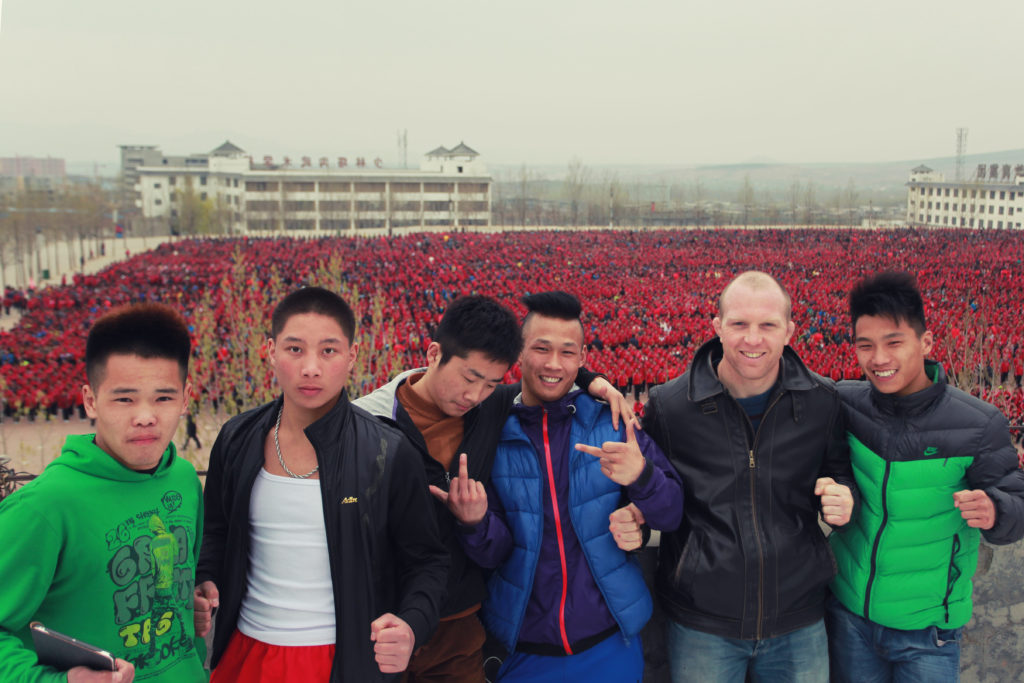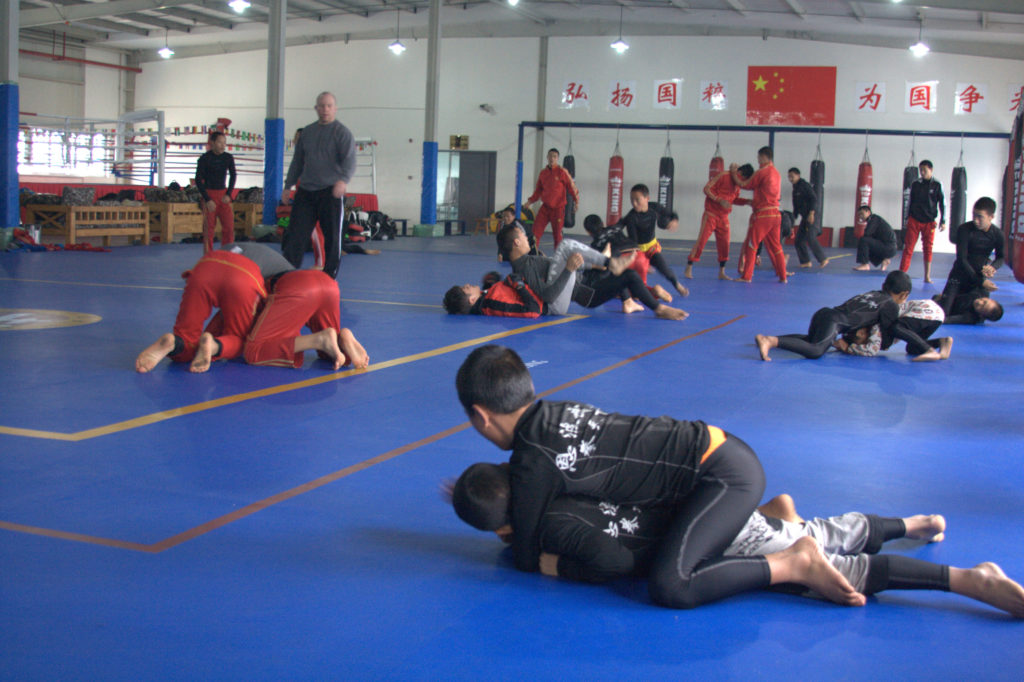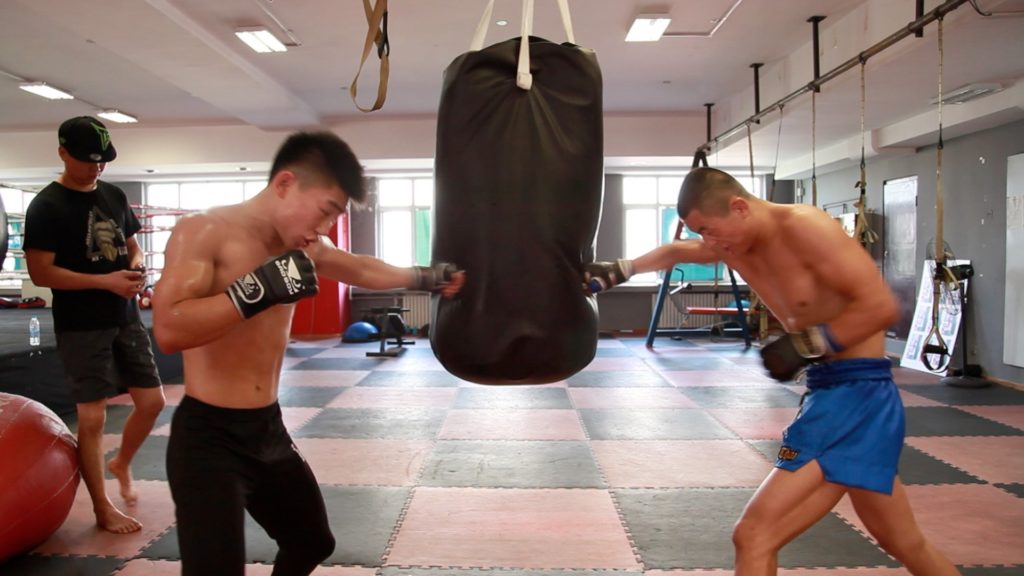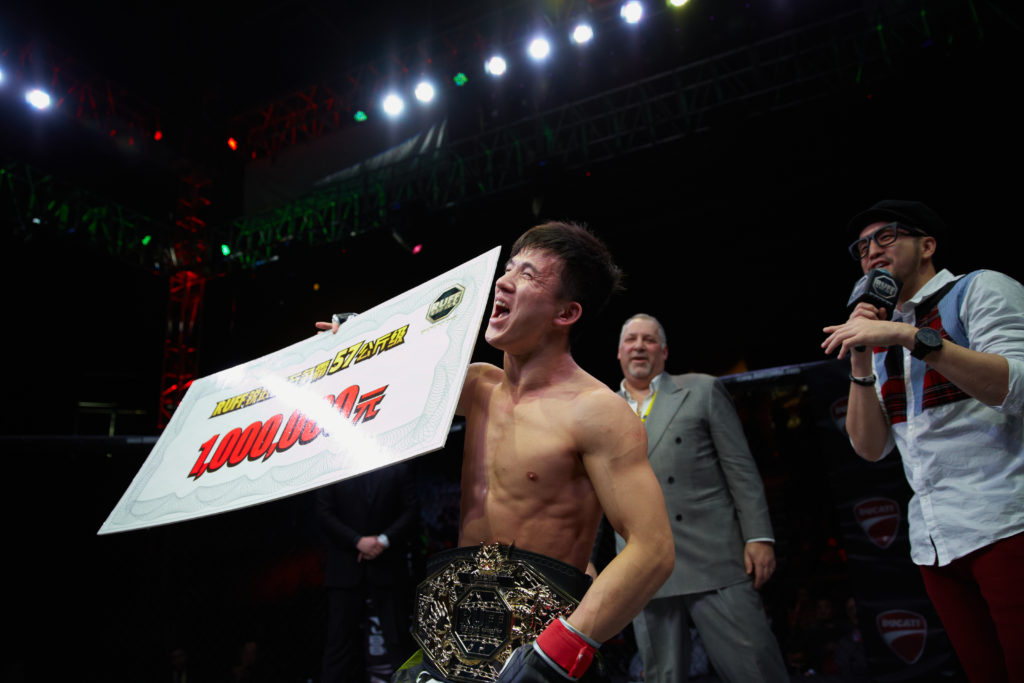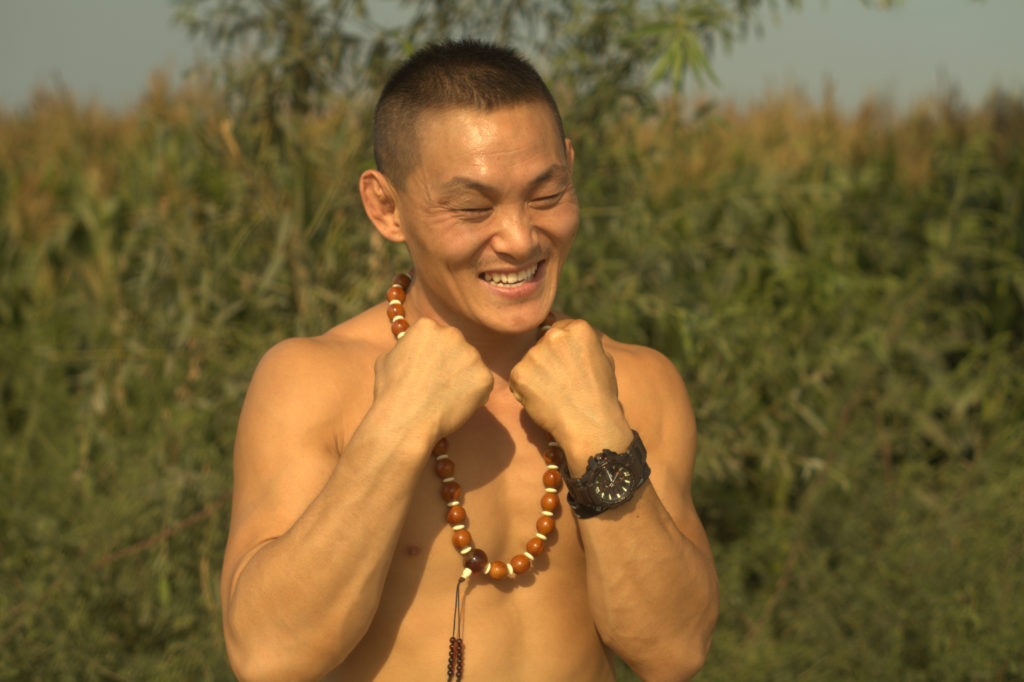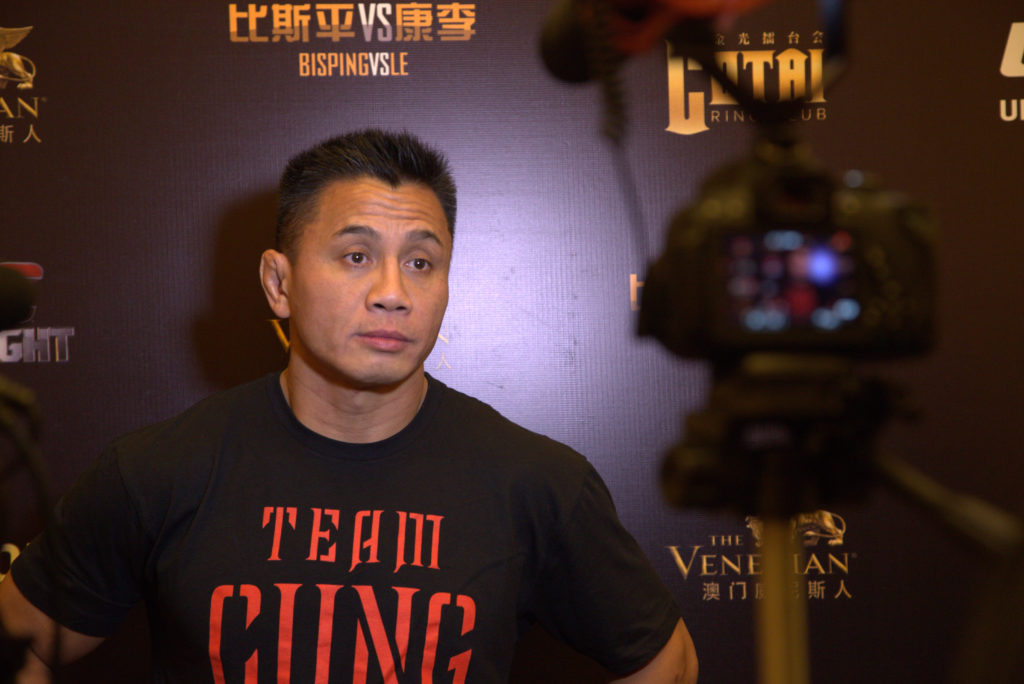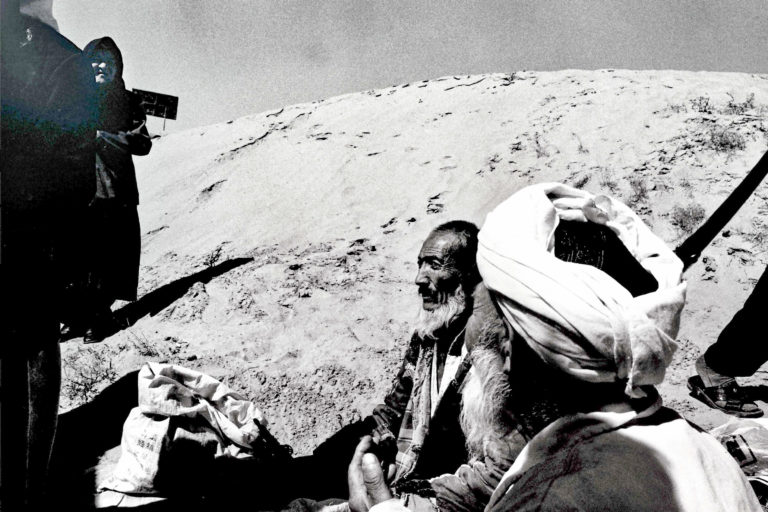“There are now many ways to become a millionaire in China, and for Zhang Meixuan, the route has been through martial arts. In 2011 Mr Zhang, the son of poor farmers, was jailed for assault. On February 2nd in the grimy northern mining city of Hohhot, he became flyweight champion of China in mixed martial arts (MMA) and collected a cheque for 1m yuan ($160,000). His rise from the paddy fields of dirt-poor Guizhou province mirrors the rapid rise of more modern forms of martial arts such as muay thai and Brazilian jiujitsu and their challenge to traditional forms of Chinese kung fu.”
– “Ain’t that a kick in the head,” The Economist, Feb. 9, 2013
For a brief moment in time, I had everything I had ever wanted as a journalist. I was making good money, reporting on important stories, and I had risen from marginalized blogger to stringer for The Economist, one of the premier magazines in the world, IMHO. It didn’t last long.
I self-sabotaged in a big way after I inadvertently revealed to my editor at The Economist that I was also working for the Chengdu Municipal government as a web guy and general news reporter – he promptly booted me. That coincided with a story I wrote for the South China Morning Post about corruption in Chengdu that blew up in my face and resulted in me leaving both the SCMP job and the Chengdu government job. In less than a week in April of 2013, I went from up and coming reporter to unemployed scab. I had two young kids and a wife at the time. I made it out of that jam, but that’s a different story for a different time …
Before all of this, however, I took my connections in the Chinese MMA world and turned them into a solid story for the Economist on the rise of MMA in China and its impact on traditional martial arts. The story centered around the RANIK Fight Promotion, a free-wheeling Shanghai-based circus of personalities and fighters that folded quickly, but managed to set the stage for what Chinese MMA would eventually become. As RANIK paved the way, fighters across China began to rise up through the ranks into larger regional and international promotions, until Ning Guangyou and Yang Jianping fought a “grudge” match at UFC Macao (headlined by Cung Le), ushering in a wave of Chinese fighters over the next decade.
I was there, in the beginning, when people argued whether or not Chinese fighters “had what it took” to make it internationally in MMA … now there are Chinese fighters in every promotion. One of them, Zhang Weili, would eventually reign as a UFC champion, with Song Yadong and Li Jingliang making runs at the belt as well. I remember chilling with Li at the Xi’an sports center, where dozens of Chinese fighters trained, and meeting Song Yadong when he was 17 and training with a known Tianjin mafioso. Good times.
Click here to read the full story, “Ain’t that a kick in the head.”
